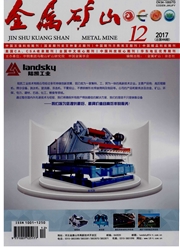

 中文摘要:
中文摘要:
以一均质土坡为例,运用正交设计试验方法和主成分分析数值处理方法对边坡稳定性影响因素的主成分分析,克服了传统方法大量试算的困难,考虑了各因素间的交互作用,定量给出了各主成分对边坡稳定性影响的贡献。研究表明,在常见的均质土坡或松散堆积体岩土质边坡中,粘聚力、摩擦角和坡高对边坡稳定性影响的贡献最大;在抗震设防烈度为7度以下的一般岩土体地区,土的密度和地震加速度对边坡稳定性的影响贡献较小。
 英文摘要:
英文摘要:
Taking a homogenous soil slope as example, orthogonal design test method and numerical processing method for principal component analysis were used in the principal component analysis of the factors influencing slope stability, which overcame the difficulty of a large amount of calculation in conventional methods, considered the interaction between factors and gave quantitative contribution of each principal component to slope stability. The investigation shows that for commonly seen homogenous soil slope or loose-stacked rock-soil slope, cohesion, angle of friction and slope height have the greatest contributions to the slope stability; and in the rock-soil mass area with a seismic fortification intensity of below seven degrees, soil density and seismic acceleration have the least contributions to the slope stability.
 同期刊论文项目
同期刊论文项目
 同项目期刊论文
同项目期刊论文
 期刊信息
期刊信息
